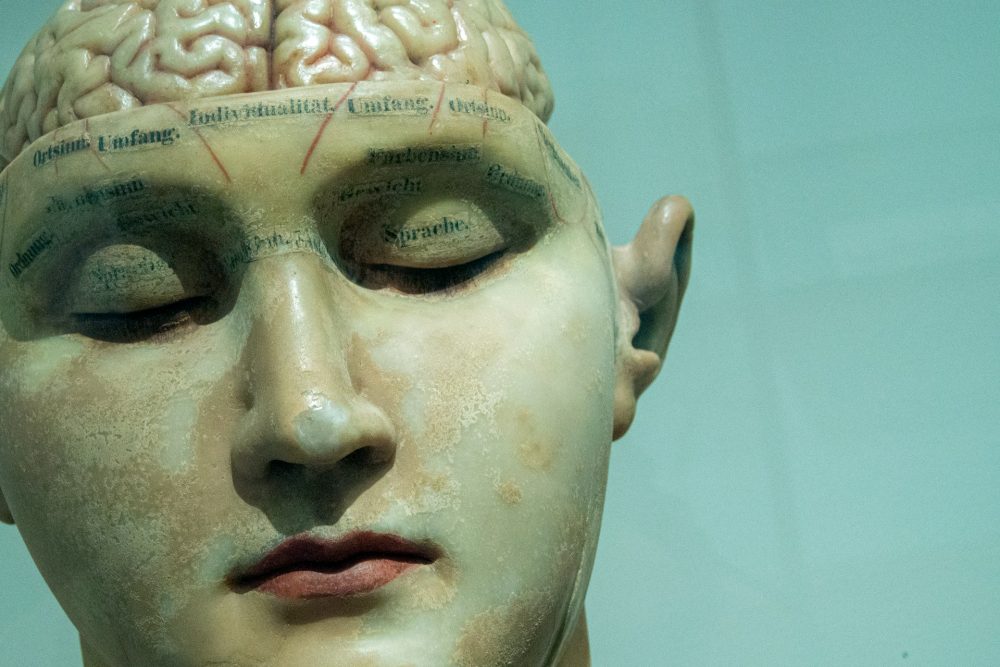Many people ask themselves why they can't eat when they're anxious. It's a common issue where anxiety impacts the body’s hunger signals, making it difficult to eat. While some people respond to stress by overeating, others lose their appetite entirely. This reaction is tied to the body’s natural fight-or-flight response, which can temporarily suppress hunger and shift the focus to dealing with stress.
The Fight-or-Flight Response and Appetite Loss
Anxiety triggers the fight-or-flight response, a survival mechanism designed to handle danger. When this happens, the brain releases hormones such as cortisol and corticotropin-releasing factor (CRF). While cortisol can sometimes increase cravings, CRF typically suppresses appetite. This response stems from our ancestors, who needed to focus on escaping threats, not eating.
During times of stress, the body shuts down non-essential functions, such as digestion, to prioritize dealing with the perceived danger. This is why you may feel less hungry or even nauseous when anxious. Your body is directing energy away from digestion and towards handling the stressor.

MART PRODUCTION | Pexels | Anxiety triggers the fight-or-flight response, which can temporarily suppress hunger and shift the focus to dealing with stress.
Physical Symptoms That Affect Hunger
Anxiety doesn’t just affect the mind; it impacts the body as well. Some of the physical symptoms that can interfere with appetite include:
- Nausea and upset stomach: Anxiety can cause stomach discomfort, making food seem unappealing.
- Tense muscles and a tight stomach: These physical sensations make it hard to feel hungry or enjoy food.
- Increased stomach acid: Anxiety can increase acid production, leading to indigestion or ulcers if meals are skipped frequently.
These symptoms can create a cycle where the lack of food worsens anxiety, leading to further suppression of hunger.
How Stress Affects Appetite Differently for Each Person
Not everyone reacts to stress in the same way. While some individuals binge eat to soothe their anxiety, others lose all interest in food. This difference is rooted in how each person processes stress. People who lose their appetite often feel overwhelmed by their anxiety, making food seem irrelevant. They are hyper-focused on their stressor, and eating falls to the bottom of their priorities.
In contrast, others may use food as a way to cope, turning to comfort eating to soothe their emotions. The key difference lies in how the brain processes stress and whether it triggers a need for food or suppresses hunger.
How to Regain Your Appetite If You Lose It
If you’re struggling to eat due to anxiety, several strategies can help you regain your appetite. These methods aim to make eating manageable and restore healthy eating habits.
1. Eat Small, Manageable Portions
When large meals feel overwhelming, try smaller, more frequent snacks. Opt for light, bland foods that are easy to digest, such as toast, oatmeal, or rice. Eating small portions throughout the day helps maintain energy levels without putting pressure on your digestive system.

Antoni Shkraba | Pexels | When struggling to eat due to anxiety, eat small portions throughout the day to maintain energy levels.
2. Stick to a Consistent Eating Schedule
Maintaining a regular eating routine is essential even when you're not hungry. Set reminders for meals and snacks to ensure you’re eating consistently. This can help re-establish your body's hunger cues and prevent prolonged periods without food, which can worsen anxiety.
3. Choose Foods That Are Easy to Tolerate
Certain foods can feel more tolerable when anxiety is high. Try incorporating simple, nutrient-dense foods like bananas, yogurt, or soups. These options are gentle on the stomach and provide the necessary nutrients without being too heavy. Focus on foods that you can eat comfortably without feeling pressured to eat large meals.
4. Practice Stress-Relief Techniques
Managing stress effectively can help restore your appetite. Techniques such as deep breathing, meditation, or light exercise can reduce anxiety’s impact on the body. When stress is under control, your digestive system has a chance to function normally, making it easier to recognize hunger cues.
5. Get Enough Rest
Lack of sleep can worsen both anxiety and appetite loss. Ensuring you get enough restful sleep each night is crucial in managing stress and appetite. Sleep helps regulate hormone levels related to stress and hunger, which can help normalize your appetite over time.
When to Seek Medical Attention
If appetite loss continues for an extended period or is accompanied by severe symptoms like significant weight loss, it’s essential to consult a healthcare professional. They can help determine if an underlying condition, such as an anxiety disorder or another health issue, contributes to your appetite loss.











